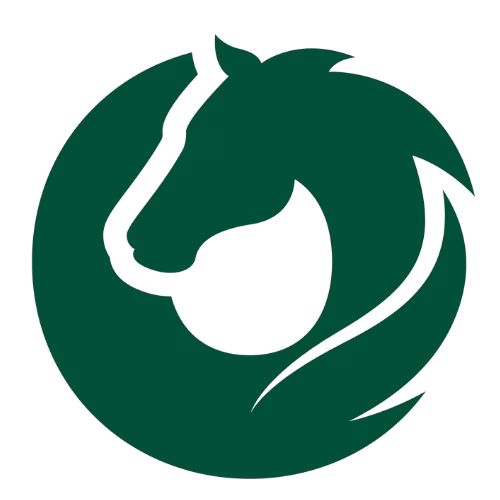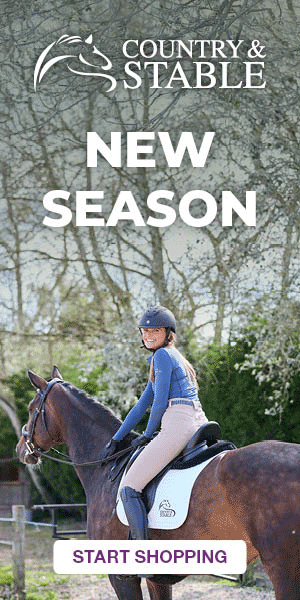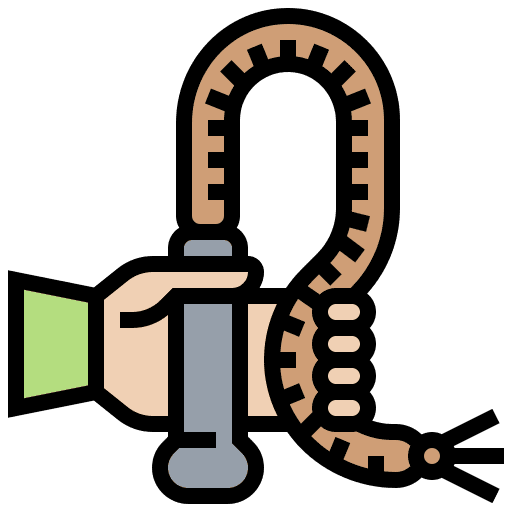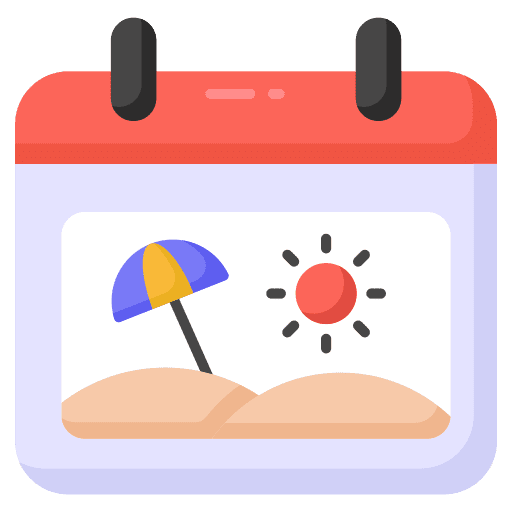Horses for Beginners
For those new to the equestrian world, choosing the right horse is an exciting but sometimes daunting process. The right horse can set a beginner up for a lifetime of enjoyable riding experiences, while the wrong choice may lead to frustration or even safety issues. This guide will help you understand the key factors to consider when selecting a horse for a beginner rider.
Importance of Temperament in a Beginner Horse
Temperament is one of the most critical factors to consider when choosing a horse for a beginner. Ideally, you want a horse that is calm, patient, and forgiving of rider mistakes. Such horses are often described as “bombproof,” meaning they remain unflustered in most situations.
Calm and Gentle Disposition
Look for horses that exhibit a calm and friendly demeanor. Beginner-friendly horses are generally not easily spooked by loud noises, sudden movements, or unfamiliar environments.
Tolerance for Mistakes
Beginners will make mistakes—it’s a natural part of the learning process. A good beginner horse should be patient and forgiving, remaining steady even if the rider provides unclear cues or struggles to maintain balance.
Age and Experience Matter
The horse’s age and training level play a significant role in how well they will suit a beginner rider.
Older Horses
While young horses may be appealing for their potential, older horses (10-20 years old) are often better suited for beginners. They typically have more training and experience, making them less reactive and more reliable.
Well-Trained Horses
Experienced horses with a solid foundation in basic commands and discipline make excellent choices. These horses already know what is expected of them, which reduces the learning curve for new riders.
Size and Physical Characteristics
The physical size of the horse compared to the rider is another critical factor to consider. Beginners should choose a horse that matches their size and physical abilities.
Matching Horse Height to Rider
A horse’s height is measured in “hands” (one hand equals 4 inches). Generally, a shorter horse (around 14-15 hands high) is easier to mount, control, and bond with for beginners, especially if the rider is young or not particularly tall.
Consideration of Weight Capacity
It is important to choose a horse that can comfortably carry the rider’s weight. An overweight rider on a smaller horse can lead to discomfort and potential health issues for the horse.
Recommended Breeds for Beginner Riders
While every horse is unique, certain breeds are renowned for their suitability for beginner riders due to their temperament and trainability.
Quarter Horses
Quarter Horses are often recommended for beginners due to their calm demeanor, versatility, and willingness to please. They excel in a variety of disciplines, making them a great all-around choice.
Morgan Horses
The Morgan Horse is known for its friendly nature and versatility. These horses are easy to train and adapt well to different riding styles, making them excellent for beginners.
Connemara Ponies
For younger riders, the Connemara Pony offers a perfect blend of gentleness and athleticism. They are known for their intelligence and willingness to work.
Cob Horses
Cobs, including Welsh Cobs and Gypsy Cobs, are often calm, sturdy, and easygoing. Their strong builds make them great for riders of all sizes, and they are typically unflappable in new situations.
Evaluating Horse Health and Soundness
Before purchasing or leasing a horse, it is critical to evaluate its health and soundness.
Veterinary Pre-Purchase Exam
A pre-purchase veterinary examination is essential to ensure the horse does not have any underlying health issues or soundness problems. This can save you significant costs and heartache down the line.
Physical Condition and Hoof Care
Examine the horse’s overall physical condition, including coat shine, muscle tone, and hoof health. Regular hoof care is crucial for all horses, especially those ridden frequently.
Cost and Ongoing Care Considerations
Owning a horse comes with ongoing costs that new riders should be prepared for. Beyond the initial purchase price, you’ll need to budget for feed, boarding (if applicable), routine veterinary care, farrier services, and tack.
Boarding vs. Keeping at Home
Consider whether you have the facilities to keep a horse at home or if you will need to board it at a stable. Boarding provides professional care and facilities but comes with additional costs.
Feed, Bedding, and Other Essentials
Horses require specific types of feed and bedding to stay healthy. Factor in these costs to ensure you can provide appropriate care for your new equine friend.
Building a Bond with Your Horse
Forming a strong bond with your horse is essential for building trust and improving the riding experience. Spend time grooming, leading, and interacting with your horse outside of riding sessions to establish a positive relationship.
Groundwork Exercises
Groundwork is an excellent way to build trust and reinforce training with your horse. Simple exercises such as leading, lunging, and desensitization help establish boundaries and deepen your connection.
Patience and Consistency
Be patient and consistent in your interactions with your horse. Building trust takes time but will lead to a rewarding partnership and a more enjoyable riding experience.
Conclusion
Choosing the right horse for a beginner involves carefully considering factors like temperament, age, size, and health. By making an informed decision, new riders can enjoy a safe and rewarding journey in the equestrian world. Take the time to find a horse that suits your needs, and you’ll be on the path to building an unbreakable bond and countless enjoyable rides.

Welcome to Sell Your Horse, a platform dedicated to connecting equestrians with each other, making horse buying and selling easier and more transparent. With a focus on technology and community-building. My mission is to help like-minded equestrians find the right connections, share knowledge, and build a trusted equine network.


 Featured Listings
Featured Listings
 Adverts
Adverts
 Horses For Sale
Horses For Sale
 Tack & Equipment
Tack & Equipment
 Horseboxes & Trailers
Horseboxes & Trailers
 Equine Properties
Equine Properties
 4x4 Vehicles
4x4 Vehicles
 Horses For Loan
Horses For Loan
 Horses Wanted
Horses Wanted
 Stallions at Stud
Stallions at Stud
 Equine Services
Equine Services
 Riding Holidays
Riding Holidays
